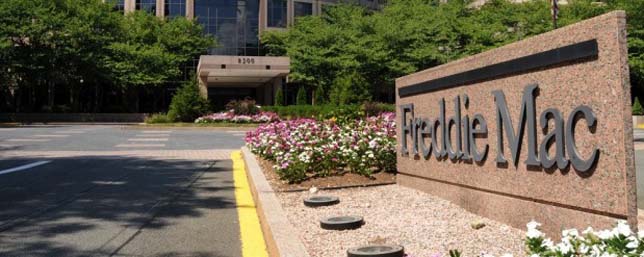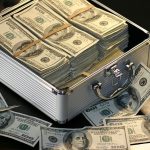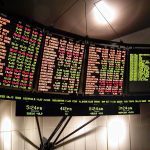Home Owners Failed Once More
Nearly five years after the near collapse of the financial system, one of the key players are back on top. Fannie Mae and Freddie Mac, the once-rescued homeowner mega-companies, have reported the highest profit in its history, thanks to paying consumers.
The state-owned company earned $17.2 billion in surplus in 2012. In 2011, Fannie Mae and Freddie Mac had booked losses of a similar magnitude. For homeowners, Freddie Mac is not holding up their end of the bargain; they are only increasing their bottom line. A reason for the turnaround is that the U.S. government looks at Freddie Mac as the primary reason for the recovery of the U.S. housing market. Housing prices have risen and the homeowners are paying their mortgage payments again reliably.
This development has already seen private banks benefit. “We anticipate that we will enter in the coming years, strong profits,” CEO Timothy Mayopoulos said in Washington. Fannie Mae and its sister company Freddie Mac have played a crucial role in the stabilization of the U.S. housing market. It is because the two companies indirectly secured most of the mortgages in the country.
Therefore, the government had collected the two largest mortgage lenders in the turmoil of the crisis in 2008. Part of the profits will flow to Washington to pay off the debt. The long term goal is to provide the country with a mortgage rate that is on a new, but stable, footing. Homeowners are getting the short end of the stick. They are paying higher interest rates and the two state-owned and operated banks are not being lenient with consumers as was lead to believe. The housing market is still on broken glass and consumers are the ones walking across that glass with no shoes on.
The U.S. financial institutions are gaining money that was once sought after by the financial crisis. Bank of America has to pay more than $10 billion to the government-backed home finance companies due to disputes on mortgage deals around the world. In another case, nine other financial firms such as JP Morgan Chase or Citigroup atone for another $8.5 billion for faulty home foreclosures.
The state enterprises are designed to buy home loans from a number of banks, making sure that the private institutions can obtain fresh funds and new loans. That was the theory. In the financial crisis, however, many loans had burst because the homeowners could not pay their mortgages. Fannie Mae and Freddie Mac also suffered massive losses. The accusation: The loans were inferior from the outset. Bank of America has to pay Fannie Mae and Freddie Mac $3.6 billion in cash and another $6.75 billion for buying back home loans.
In another aspect, the two loan companies came into the trillion-dollar mortgage market with sloppiness: The seizure of homes defaulted. For that reason, they are at the urging of the U.S. banking regulator OCC to repair the issues. Ten banks and financial institutions have approved an equivalent standard to continue kicking people out of their homes but they are doing so at a higher rate than before the crisis. Of this, more than 3.8 million borrowers who are behind on their mortgages will soon see their homes fall into foreclosure.
Are you fed up of not being able to control your own financial future? You should seriously consider educating yourself financially and take control. There are some great interactive online courses and you can find a few on Global Finance School’s site.
We also have some very informative and educational reviews and articles which you can read and get a basic understanding on Learning The stock market and investing wisely using our basic guide on How To Buy Stocks For Beginners.









